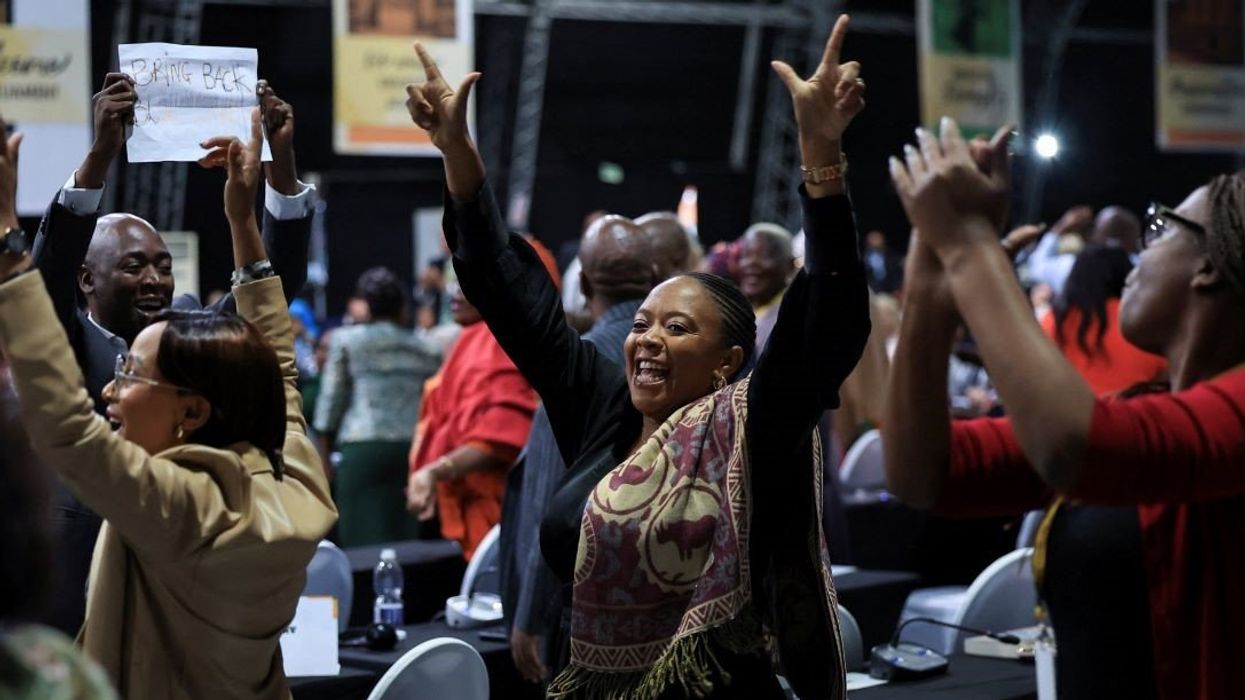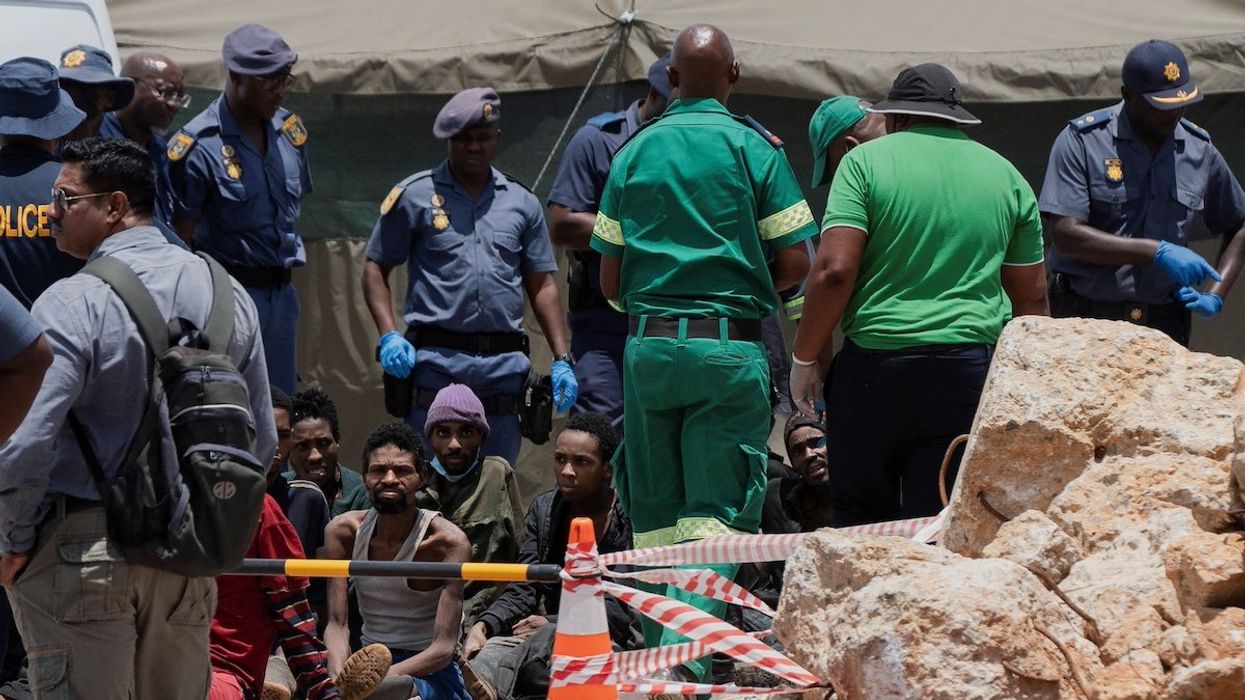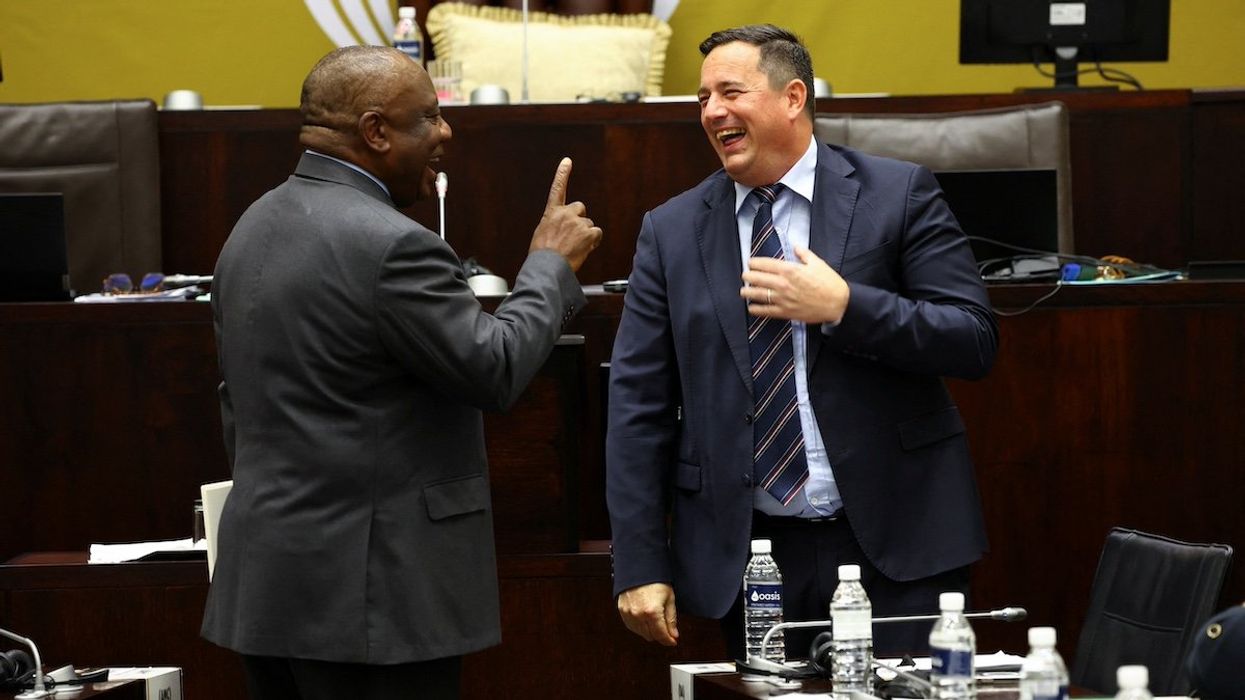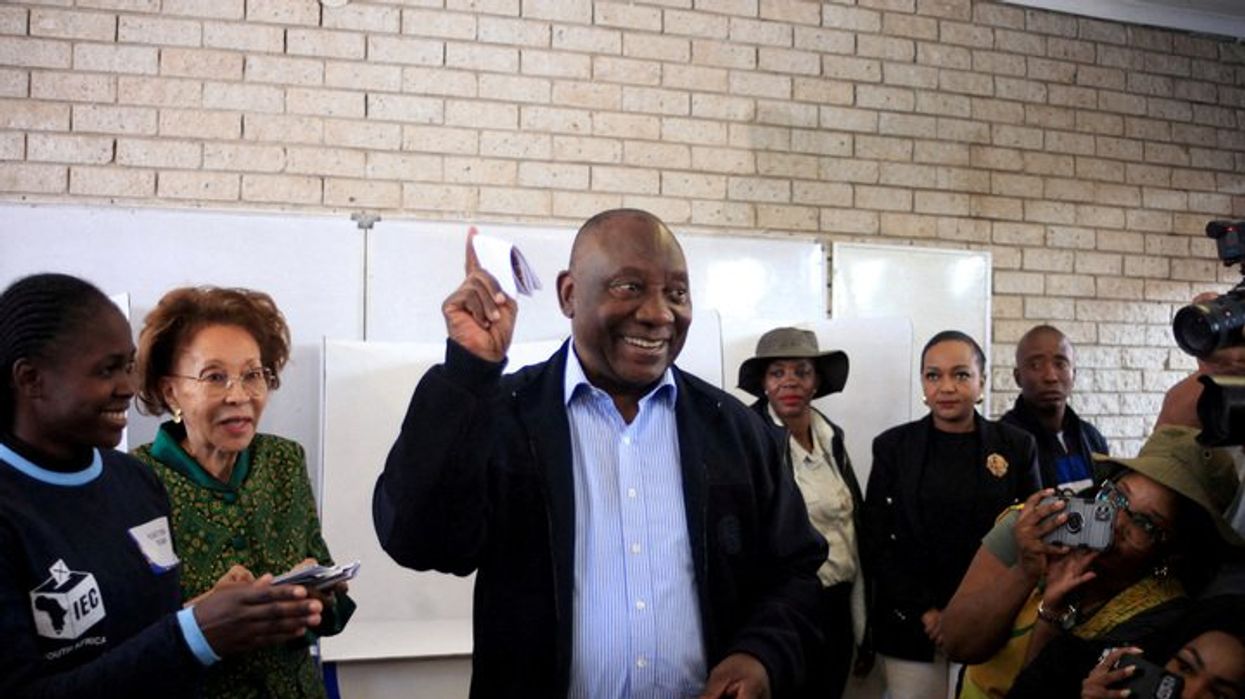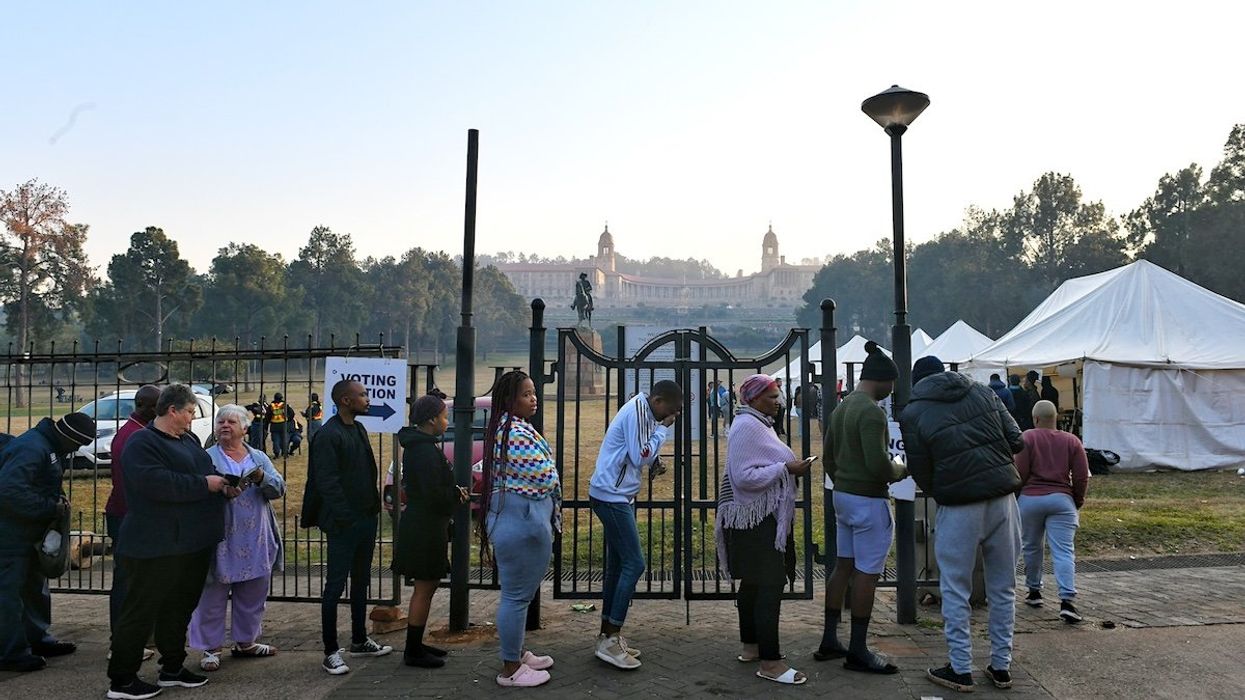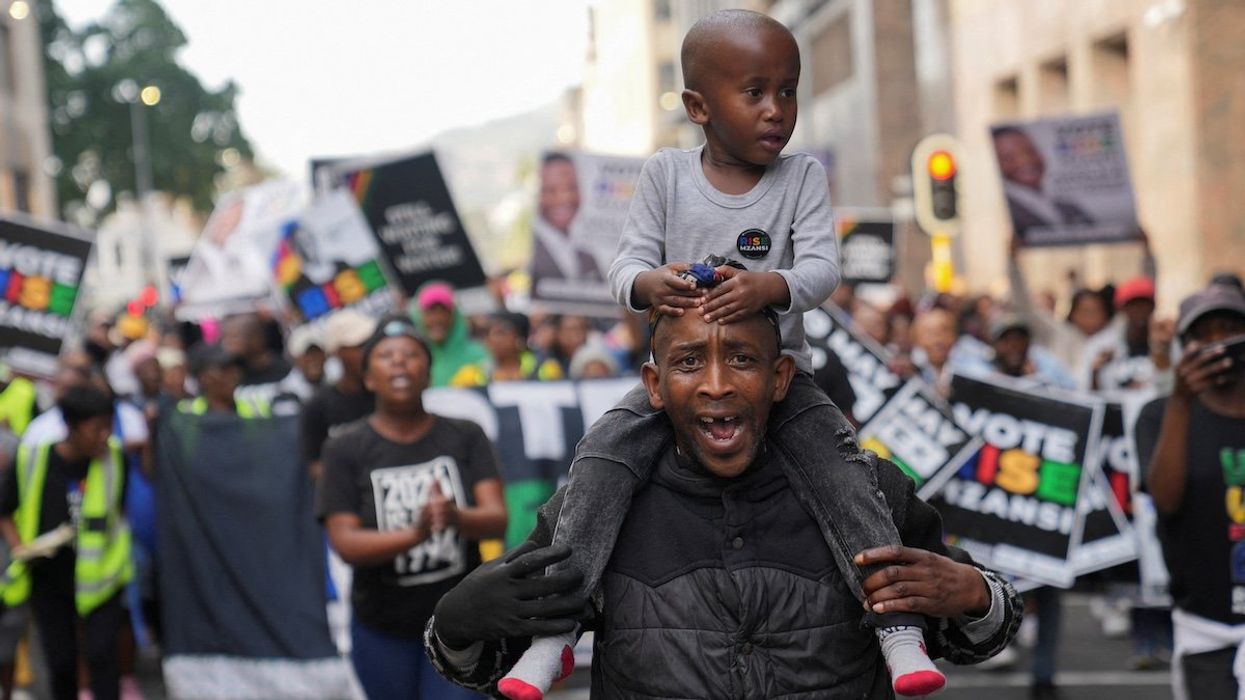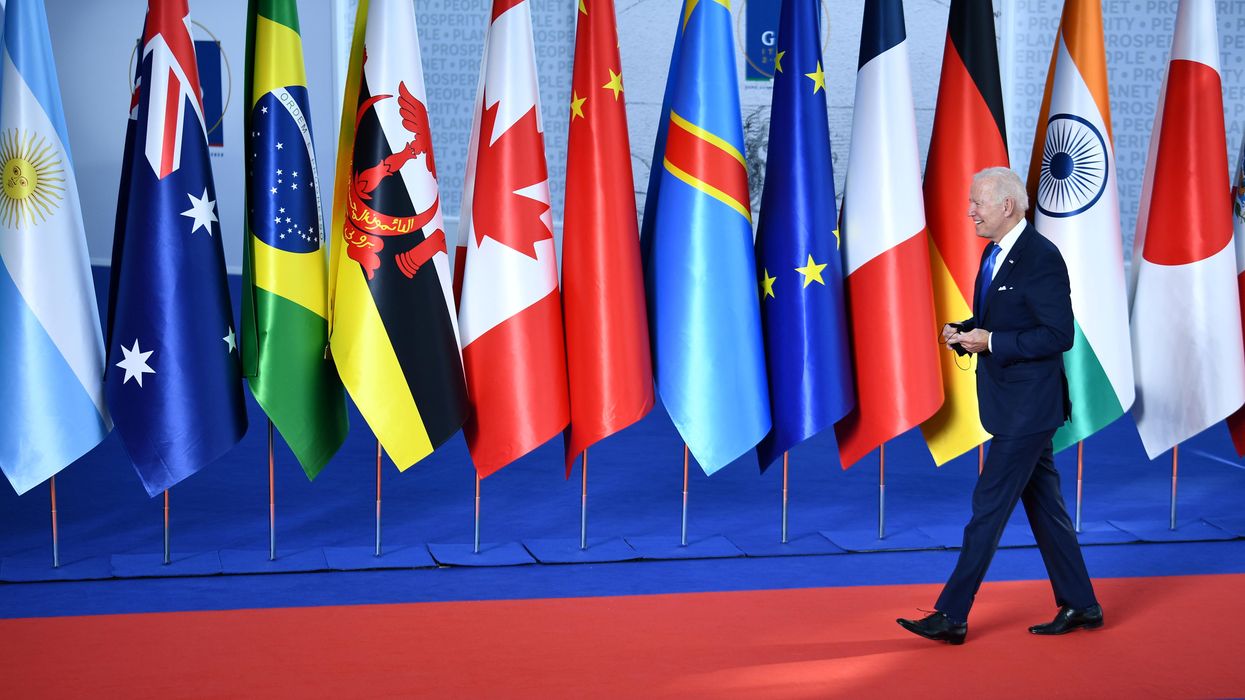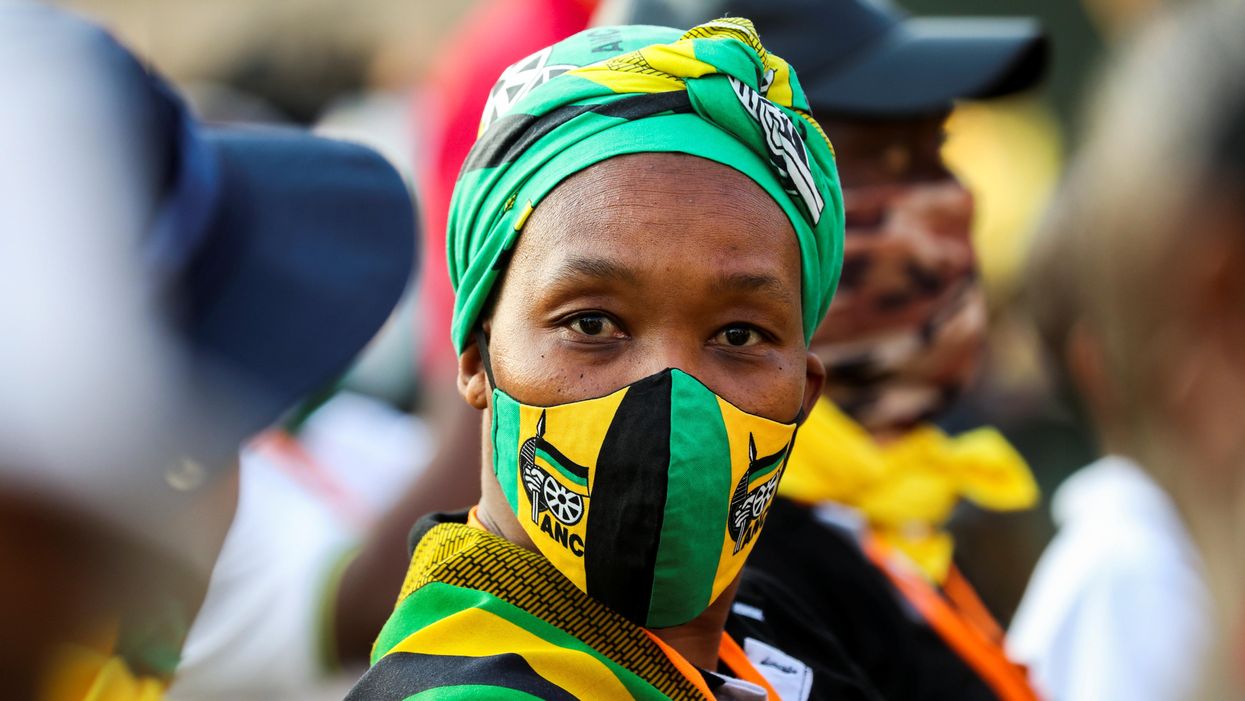What We're Watching
Budget clash puts South African government on brink of collapse
The second largest party in South Africa’s coalition, the business-friendly Democratic Alliance, launched a legal challenge on Thursday to block a 0.5% VAT increase in the country’s new budget, raising concerns that the fragile government could collapse.
Apr 03, 2025
